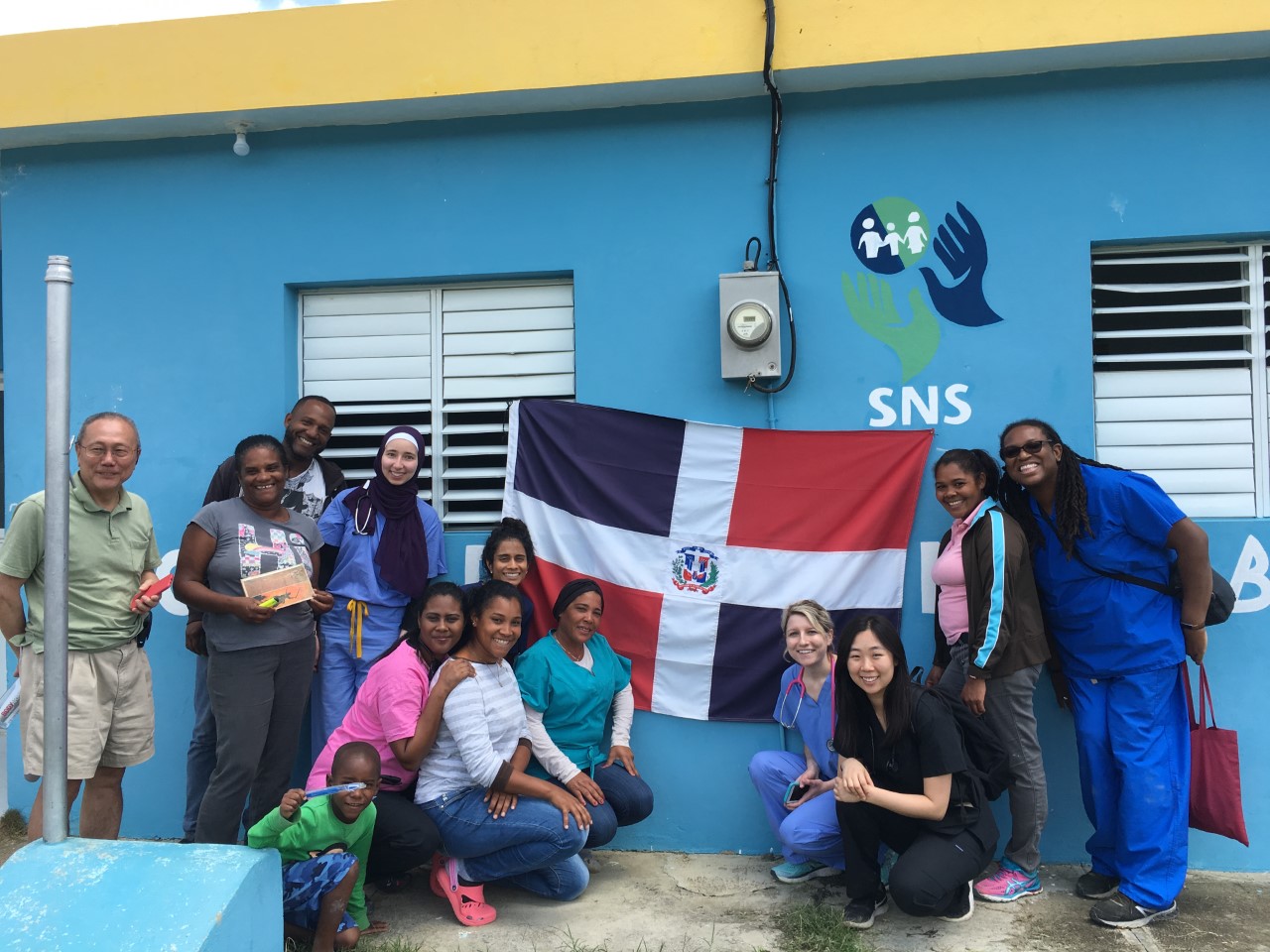
Earlier this year, four Wayne State University medical students and two faculty members traveled to the Dominican Republic with the World Health Student Organization to learn about international health care systems, conduct health screenings and teach students about important health topics.
“I took the trip to learn more about how health systems work in other countries,” Kristie Khatibi, class of 2022 medical student, explained.
“I am very interested and passionate about working in the field of international health and this trip gave me a wonderful insight into working in developing countries as a physician.”
The World Health Student Organization is comprised of medical students whose mission is to gain rich medical and cultural experiences outside of their immediate communities. It is the organization’s goal to provide the highest standard of medical care at no cost to underserved populations around the world.
The trip was coordinated through the organization Bridges to Community, which serves to build a more just and sustainable world through service learning and community development by engaging volunteers to work in developing countries.
“We spent a week in a rural community within the Dominican Republic where we conducted health screenings, shadowed physicians, performed community service, taught hygiene and reproductive health topics to high school and middle school students, and visited local clinics and hospitals,” Khatibi said.
The students worked with local clinics and hospitals to learn how the Dominican Republic health system runs. Doctors, nurses and health professionals taught the students how the health system, and explained the pros and cons of how health care is delivered.
“They were able to explain to us some of the challenges they encountered with patients and we were able to compare and contrast their challenges with ours here in the U.S.”
Students conducted health screenings and worked to understand the most prevalent health issues and disparities facing individuals in the country’s rural areas.
“We talked to them about their personal health, as well as their access to health care services, to gain a greater insight into the barriers that come into play when they try to access care,” Khatibi said.
In addition to the opportunities to speak with patients, the medical students were able to connect with physicians to understand the effectiveness of their health care system and how medical students are trained compared to the U.S.
“This trip highlighted the social determinants of health and the challenges that cultural norms can create in providing care in other countries," Khatibi said.
"We learned about the importance of taking into consideration an individual’s cultural beliefs when teaching sensitive subjects like reproductive health to students at local schools. It forced us to take a different approach to health promotion and to address problems in a different manner than we would in the U.S. We saw this come up in clinics when many patients wanted to utilize traditional medicine over western medicine, even when it was detrimental to them."
The WHSO aims to teach students clinical knowledge, facilitate collaboration with peers and other medical professionals, and encourage engagement in dynamic learning environment. The WHSO also serves the community by volunteering at local outreach projects and teaching fellow students about global health through speaking engagements, seminars and medical relief mission trips. Learn more at waynewhso.org or contact Kristie Khatibi at kristie.khatibi@med.wayne.edu.